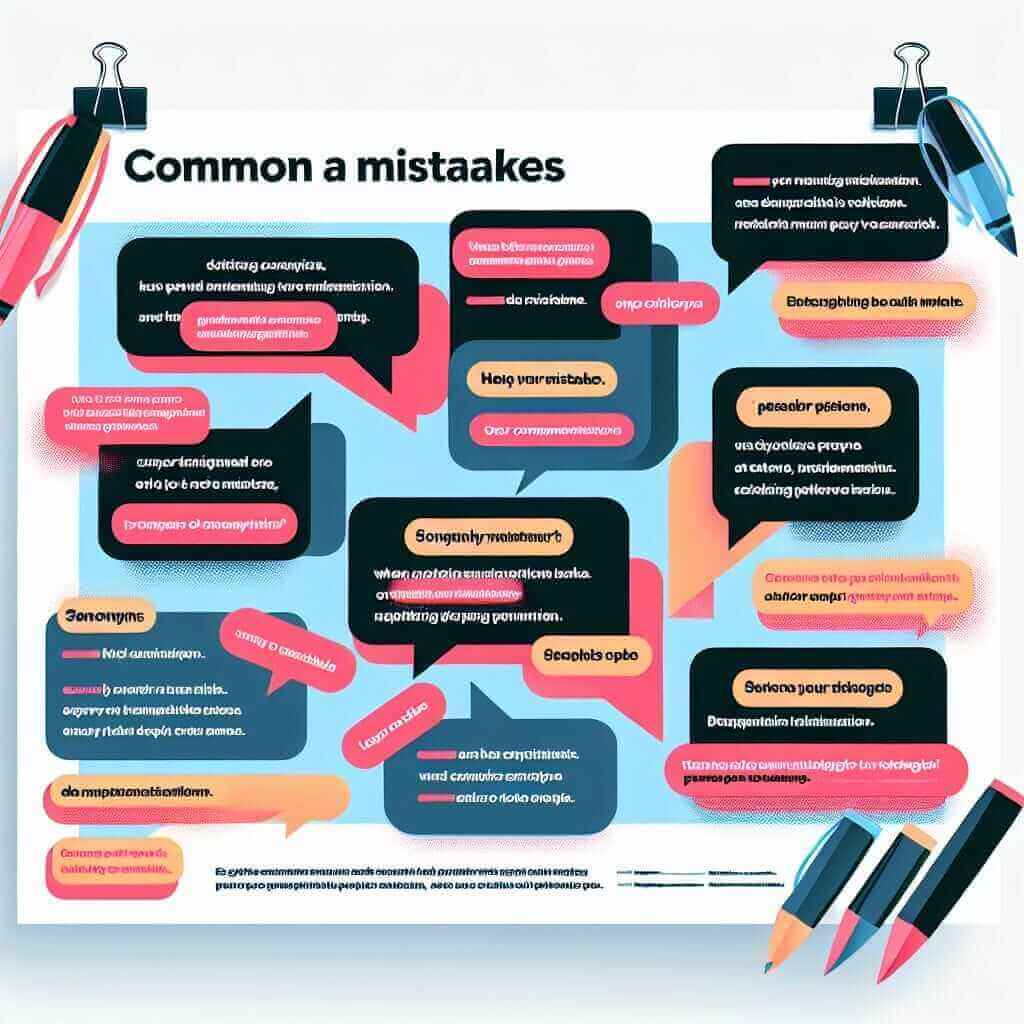For IELTS aspirants, especially those aiming for a high band score, demonstrating a wide range of vocabulary is crucial. Using synonyms effectively is one way to achieve this and showcase your lexical resource to the examiner. However, it’s not just about replacing every other word with a synonym; it’s about doing so judiciously and naturally. This article will guide you on how to use synonyms effectively in your IELTS writing to enhance your score.
Table Of Contents
Understanding Synonyms and Their Importance
Before delving into the “how-to,” let’s clarify what synonyms are and why they matter in IELTS Writing.
What are Synonyms?
Synonyms are words or phrases that share almost the same meaning as another word or phrase. For example:
- Happy: joyful, cheerful, delighted, pleased
- Big: large, huge, enormous, gigantic
- Important: significant, crucial, vital, essential
Why are Synonyms Important in IELTS Writing?
Using synonyms effectively can significantly enhance your writing in several ways:
- Lexical Resource: Demonstrating a wide range of vocabulary is a key assessment criterion in IELTS Writing. Using synonyms showcases your vocabulary strength.
- Avoiding Repetition: Repeating the same words can make your writing monotonous and less sophisticated. Synonyms help you maintain reader interest and create a more engaging flow.
- Precision and Clarity: Sometimes, a synonym might be a more accurate or specific word choice than the original word, leading to clearer and more impactful writing.
Using Synonyms Effectively: Examples and Techniques
Here’s how to incorporate synonyms effectively in your IELTS essays:
1. Understanding the Context:
The most crucial aspect of using synonyms correctly is understanding the context in which the original word is used. Not all synonyms are interchangeable in all situations. For example:
- “The movie was good.”
- You could replace “good” with “entertaining,” “captivating,” or “thought-provoking” depending on what aspect of the movie you want to highlight. However, using a synonym like “delicious” wouldn’t make sense in this context.
2. Consult a Thesaurus, But Choose Wisely:
A Thesaurus can be a valuable tool for finding synonyms. However, ensure you fully understand the meaning and connotation of the synonym before using it.
Example:
Let’s say you want to find synonyms for “problem” in the sentence:
- “Overpopulation is a major problem in many developing countries.”
A Thesaurus might list “issue,” “dilemma,” “predicament,” and “complication.”
- While all are related to “problem,” “issue” might be the most appropriate synonym in this context. “Dilemma” implies a difficult choice, “predicament” suggests a difficult situation, and “complication” implies something making a situation more complex.
3. Paraphrasing and Sentence Structure:
Instead of just replacing single words, consider paraphrasing entire sentences or phrases using different grammatical structures while incorporating synonyms:
Example:
- Original: “The government should invest more in public transportation.”
- Paraphrased: “Increased government funding for public transportation systems is essential.”
Here, “invest more” is paraphrased as “increased funding,” and “public transportation” becomes “public transportation systems.”
4. Use Synonyms Naturally:
The goal is not to replace every word with a synonym, which can sound forced and awkward. Use synonyms where they fit naturally and enhance the clarity and flow of your writing.
Applying Synonyms to IELTS Writing Tasks
Let’s see how you can implement these techniques in both IELTS Writing Task 1 and Task 2:
Writing Task 1
Example:
- Original: “The graph shows a significant increase in the sales of smartphones.”
- Improved: “The graph illustrates a dramatic surge in smartphone sales.”
Here, “increase” is replaced with “surge,” and “significant” becomes “dramatic,” adding more descriptive power to the sentence.
Writing Task 2
Example Topic:
“Some people believe that the best way to reduce crime is to impose stricter punishments. Others believe that other measures would be more effective. Discuss both views and give your opinion.”
Possible use of synonyms:
Instead of repeating “crime” throughout your essay, you could use synonyms like “offenses,” “illegal activities,” or “law-breaking.” Similarly, instead of repeating “punishments,” you could use “penalties,” “sanctions,” or “consequences.”

Common Mistakes to Avoid
- Using synonyms incorrectly: Ensure the synonym fits the context and tone of your writing.
- Overusing synonyms: This can make your writing sound unnatural and confusing.
- Using very uncommon synonyms: While it’s good to show a wide range of vocabulary, using overly complex words that are difficult to understand can hinder clarity.
Practice Makes Perfect
The key to mastering the use of synonyms in your IELTS writing is consistent practice.
- Read widely: Pay attention to how experienced writers use synonyms effectively.
- Use a Thesaurus: Familiarize yourself with various synonyms, but always double-check their meanings.
- Write and review: Regularly practice writing essays and consciously try to incorporate synonyms. Get feedback from a teacher or tutor to identify areas for improvement.
Conclusion
Using synonyms effectively in your IELTS writing can significantly enhance your vocabulary score and overall band. However, remember that it’s not just about quantity but quality. Focus on using synonyms naturally, accurately, and strategically to enhance the clarity and sophistication of your writing. With practice and attention to detail, you can confidently demonstrate your lexical resource to the examiner and achieve your desired IELTS score.